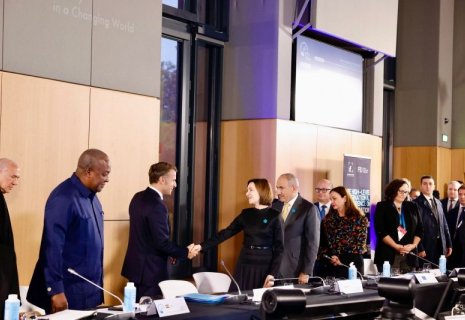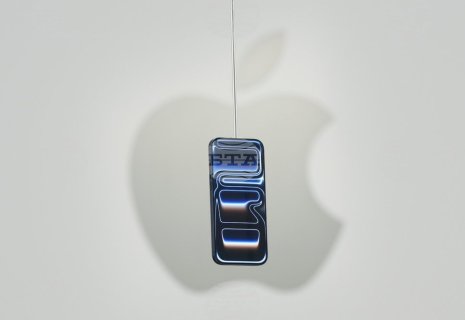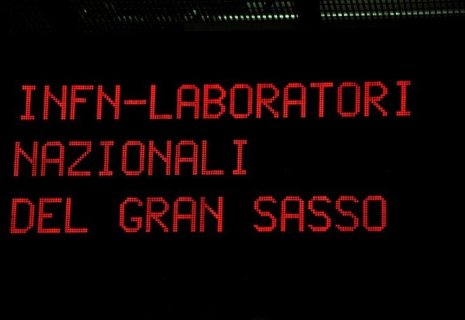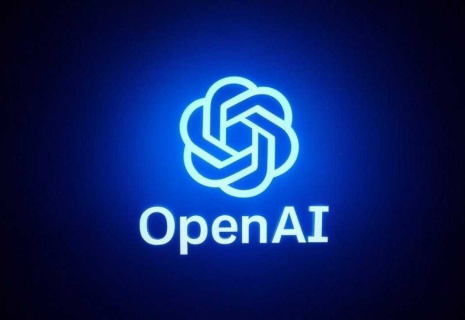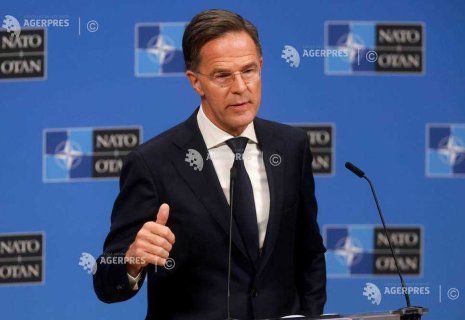
Can Türkiye shape Muslim world’s AI agenda?
Author: Hamid Chriet/Anadolu Agency
Artificial intelligence is rewriting the global balance of power. From cybersecurity to defense, from finance to media, AI is shaping how nations protect themselves and how they are perceived. For the Muslim world, this revolution brings both opportunity and risk — and Türkiye stands at the center of that crossroads.
The new digital battlefield
AI is not only transforming industries; it's transforming conflict. Machine learning now detects cyber intrusions faster than any human analyst. Autonomous systems defend networks, predict attacks, and adapt in real time. Yet these same technologies can be turned against states — spreading disinformation, manipulating elections, and stealing data on a massive scale.
Most Muslim-majority countries are still building their digital foundations. Rapid urbanization and connectivity expansion create new attack surfaces. Foreign software dependencies, external cloud storage, and weak encryption make regional infrastructures highly exposed. Without strong cybersecurity, AI becomes not a tool of empowerment but a source of vulnerability.
Türkiye's role: From consumer to architect
Türkiye is uniquely positioned to lead. Its experience balancing NATO cooperation with regional autonomy gives it the credibility to shape a shared cybersecurity framework among Muslim-majority nations. The establishment of Türkiye's National Cybersecurity Directorate, investments in AI-driven defense systems, and efforts to build domestic encryption and cloud solutions reflect a strategic shift: from digital dependency to digital sovereignty.
Ankara's vision can extend beyond national borders. Through cooperation platforms like the Organization of Islamic Cooperation (OIC), Türkiye can drive a coordinated approach to AI governance, threat intelligence sharing, and cyber resilience across the Muslim world.
Digital sovereignty: The core of independence
Owning data means owning power. Today, most AI models used in Muslim-majority countries are trained and hosted on Western platforms. This creates hidden dependencies – data flows outward, algorithms return inward, and local industries become reliant on foreign technologies that can be restricted or monitored at any time. Building sovereign AI ecosystems – with regional data centers, open-source models, and shared cybersecurity standards – is essential. Türkiye's growing tech ecosystem, from TUBITAK's AI labs to ASELSAN's defense AI applications, offers both infrastructure and expertise to make this possible.
The Muslim world's AI challenge
AI ethics and governance in the Muslim world must reflect local values – privacy, justice, and accountability – while remaining compatible with global standards. Without this balance, Muslim societies risk being digitally colonized: controlled not through armies, but through algorithms. There’s also a need to secure critical sectors – energy, finance, and communications – from hybrid threats that blend cyber operations, misinformation, and AI-enhanced espionage. Cyberattacks on critical infrastructure in the Middle East have already shown how easily one compromised system can ripple across borders.
A call for cyber solidarity
Türkiye can help the Muslim world move from fragmentation to cooperation. A "Cyber Ummah" — a shared framework for AI ethics, cybersecurity, and digital innovation — could unite states around common principles:
- Shared threat intelligence and rapid response networks.
- Joint research on AI defense technologies.
- Regional certification standards for secure software and hardware.
- Talent programs linking universities, startups, and public institutions.
Such cooperation would not only strengthen resilience but also foster trust and innovation across borders. AI is not just changing technology; it’s changing geopolitics. If Muslim nations don’t secure their data, define their AI ethics, and build digital sovereignty, they will remain dependent on others’ systems — and therefore on others’ interests.
Türkiye has both the vision and capability to lead this transformation. By combining technological strength with ethical leadership, it can help the Muslim world enter the AI era not as a consumer, but as a creator — and as a guardian of its own digital future. AI will define sovereignty in the 21st century. Whoever secures the data, secures the future.



